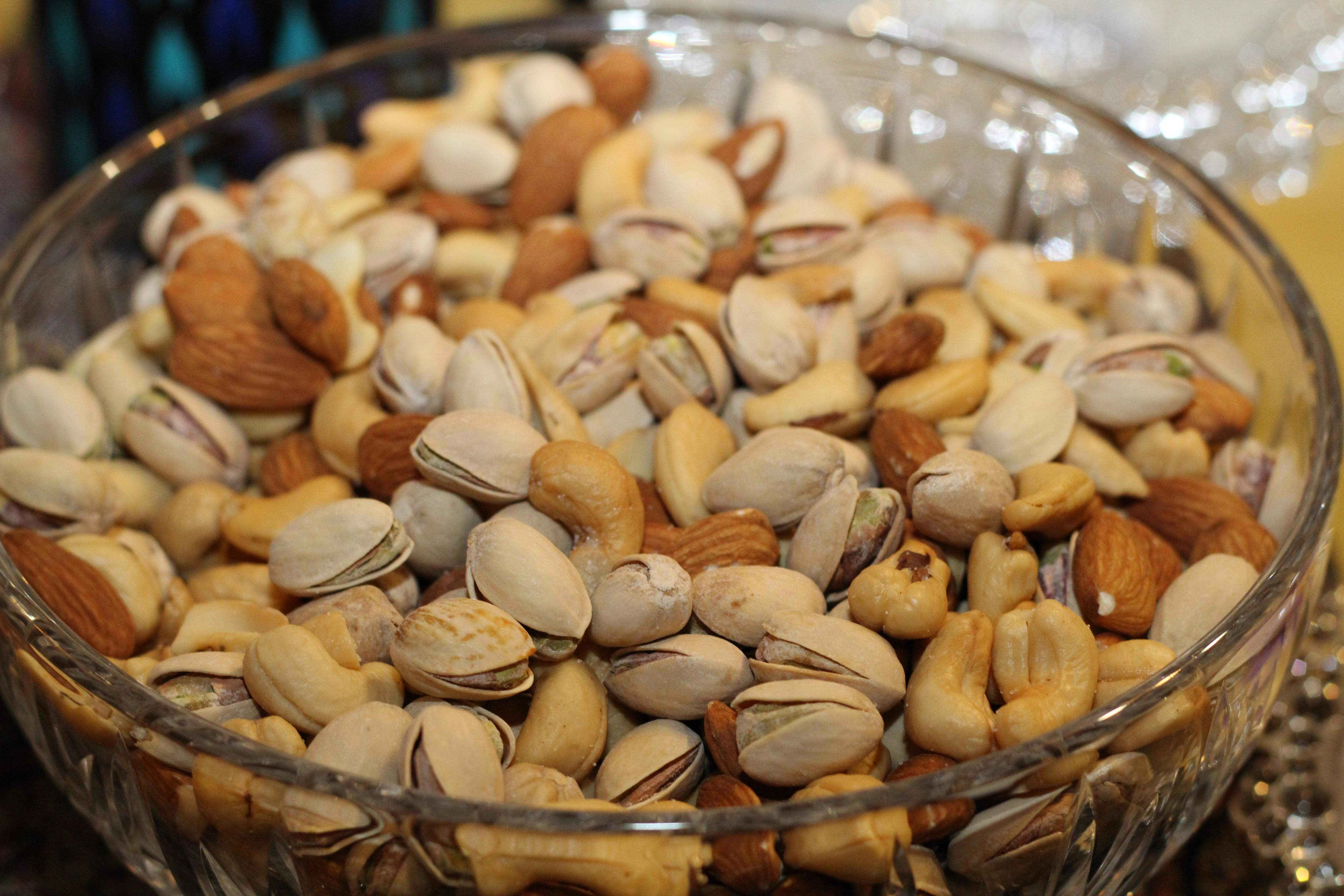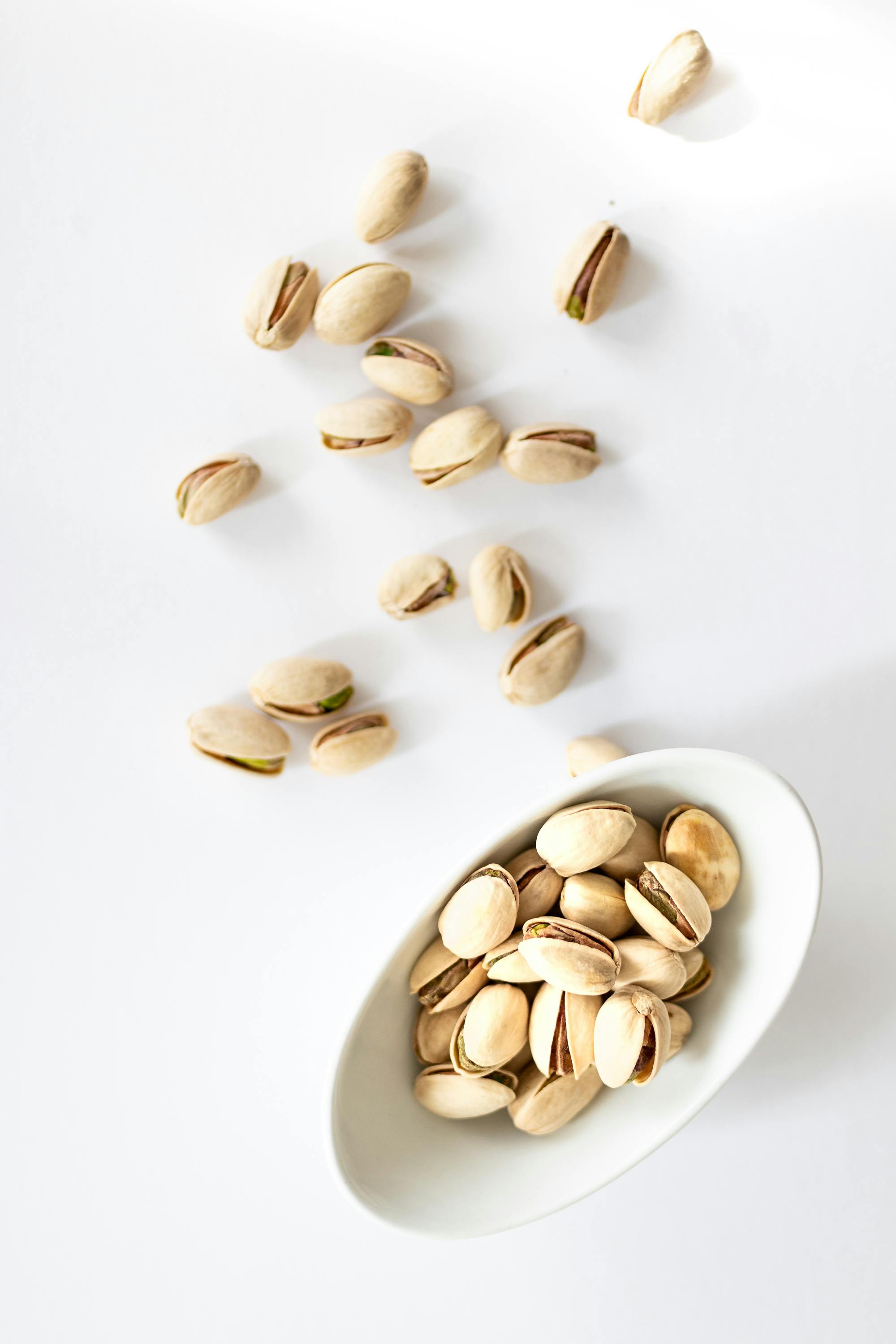A study reveals that consuming pistachios daily over four months can lead to an increase in MPOD levels in healthy adults.
A recent study from Tufts University’s Friedman School of Nutrition Science and Policy has revealed promising findings for pistachios and eye health, linking daily consumption of just a small amount of these nuts to improvements in macular pigment optical density (MPOD). Researchers observed that eating two ounces of pistachios daily for four months led to a significant increase in MPOD levels in healthy, middle-aged to older adults, potentially offering a dietary route to protect against age-related macular degeneration (AMD), a leading cause of blindness.
Widely available, pistachios are uniquely rich in lutein, a plant pigment known for its ability to filter out blue light and act as an antioxidant. Unlike other nuts, pistachios provide a measurable source of lutein, which is commonly lacking in American diets, only accessible through supplementation. The nut is also rich in fiber, protein, and essential vitamins, which have been shown to help maintain heart health and improve digestion.
Lutein’s antioxidant properties serve a dual function: filtering harmful blue light before it reaches the retina and offering cellular protection from oxidative damage, a process linked to eye and vision deterioration over time. With age, MPOD naturally declines, which heightens the risk for AMD and other vision problems.
The study results revealed a significant improvement in MPOD for those who consumed a small amount of pistachios regularly, even in participants with previously low lutein levels. These individuals were able to reach beneficial blood lutein concentrations within just six weeks of consistent pistachio consumption. Not only did this raise their MPOD, but it also effectively doubled their typical daily lutein intake, which in turn could shield the retina from potential age-related damage.

The implications of this research may extend beyond just eye health, as well, as lutein also has protective benefits for the brain. This pigment, part of a class called xanthophylls, crosses the blood-brain barrier and may help mitigate oxidative stress and inflammation within the brain. Dr. Elizabeth Johnson, a co-investigator of the study, noted that lutein’s presence in the brain could support cognitive health by reducing risk factors for conditions like overall decline and memory issues.
This study also reflects broader concerns within the American population about vision health, with surveys consistently showing that adults rank vision loss as one of their top health fears. Vision loss is a growing concern in the United States, in general, which age-related macular degeneration (AMD), glaucoma, and diabetic retinopathy affecting nearly 12 million people aged 40 and older. With an aging population, this number is expected to rise sharply, impacting quality of life and independence for many. Vision loss can limit mobility, increase the risk of falls, and exacerbate mental health issues such as depression and isolation.
Despite the prevalence and significant impact of these conditions, however, a lack of awareness around preventative eye care (such as diet, lifestyle choices, and routine eye exams) means that many people are not taking the steps necessary to protect their vision before it’s too late. Given that lifestyle factors like diet can directly influence the risk for conditions like AMD, foods like pistachios provide a simple dietary change in which a small amount can go a long way in helping to preserve sight.


Join the conversation!